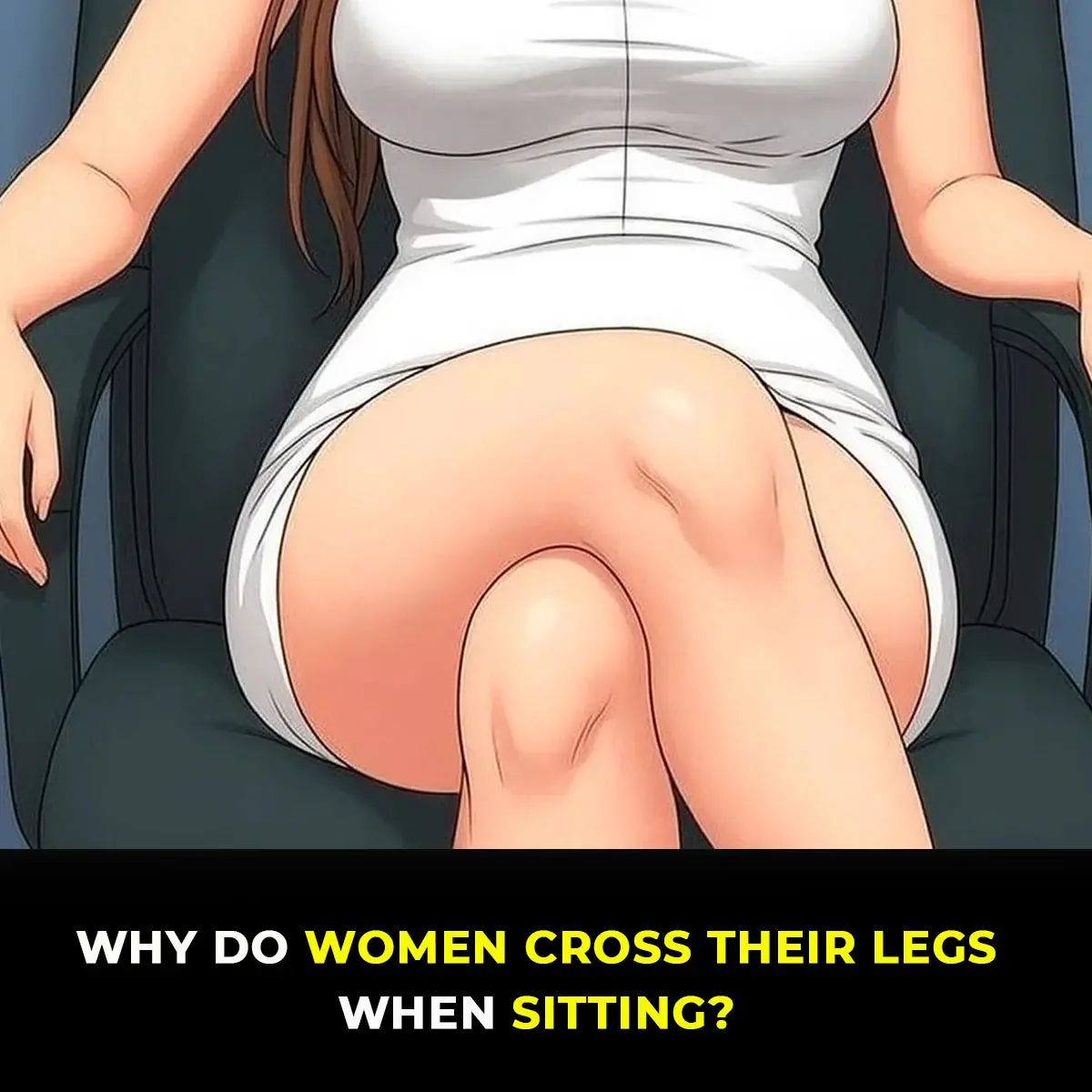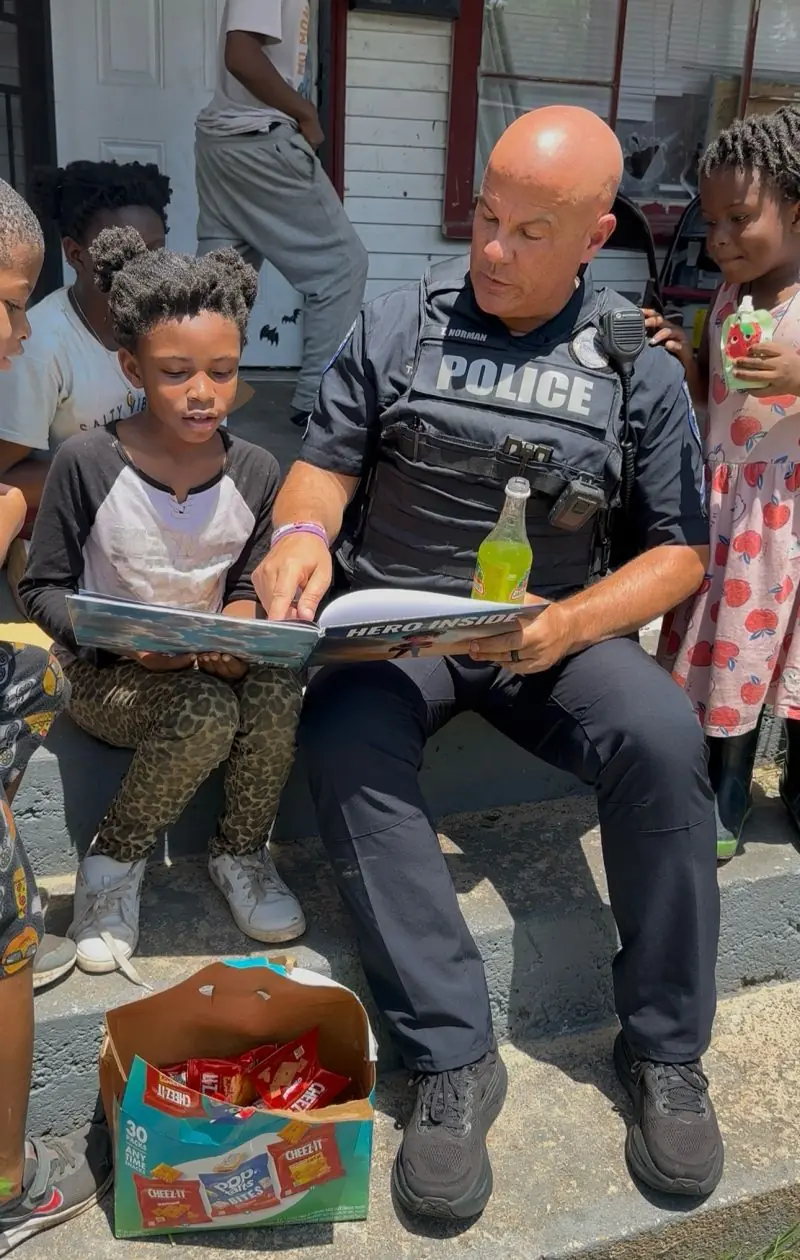
“Don’t you dare humiliate her!” — the mother-in-law stood between us for the first time in her life.
Svetlana stood by the stove, slowly stirring the soup as steam curled up from the pot and wrapped around her face. Her eyes stung—not just from the onions. Her husband’s voice droned in the background, familiar in its tone: sharp, impatient, full of judgment. The same old melody of dissatisfaction. These days, it seemed Vadim was just waiting for any excuse to criticize her, to remind her she was never quite good enough.
“I told you—no potatoes!”
His voice slashed through the kitchen like a sudden gust of cold wind.
“They make my stomach feel heavy!”
“There are only a couple of pieces,” Svetlana replied, her voice even, her back turned.
“I don’t care how many! I asked you! Is it so hard to follow one simple thing?”
She bit her lip. It didn’t matter what she said. It didn’t matter what she did. Not the soup, not the conversation, not her footsteps, not even the way she stood. Nothing was ever right anymore.
Vadim hadn’t always been like this. There was a time—five years ago—when she fell for him with the excitement of a schoolgirl. He was kind, attentive, even a little shy. He used to bring her coffee in bed and listen like her thoughts mattered. Back then, he had made her feel seen. But something had changed. Gradually, at first. Then all at once. As if someone flipped a switch and the warmth disappeared overnight.
The first red flag had been his suggestion—no, insistence—that she quit her job. “Why do you need that accounting job? I’ll provide. Stay home, take care of the house. We’ll have children soon, and they’ll need you full time.” It had seemed loving at first. Sensible. Even flattering. She agreed. She told herself it would be temporary. That she would rest, and then return.
But she never did.
And that’s when everything began to unravel.
Her mother-in-law, Tamara Petrovna, lived in another city. She visited rarely, kept her distance. She was neither warm nor cruel—just... neutral. Svetlana never felt particularly close to her, but also never judged her. Tamara didn’t meddle, didn’t lecture, didn’t impose herself. But one thing she did repeat, every time:
“The most important thing is that Vadim is satisfied. If he’s happy, the family is good.”
And now, Vadim was so “satisfied” that Svetlana woke up each morning with a weight in her chest and went to bed every night feeling like she had done something wrong.
“Well?” Vadim barked. “Are you going to fix the soup, or should I do it myself?”
“Do as you wish,” she said, almost whispering.
“Have you completely lost it?”
He stepped toward her—abruptly, aggressively—but before he could reach her, the front door slammed.
“Mom?” Vadim’s voice cracked in shock. “What are you doing here?”
Svetlana flinched. She hadn't even known Tamara was coming. A hot wave of shame rushed through her. She could already hear the judgment forming: lazy wife, can’t feed a man properly, ungrateful…
But instead, Tamara stopped in the hallway. Her eyes took in Svetlana’s pale face, the untouched soup, the tensed shoulders. Slowly, she put her bag down and turned to Vadim.
“I came by on the way,” she said casually. “There’s an anniversary at the school—I was invited as a former teacher. Thought I’d stay the night. You don’t mind, do you?”
Vadim hesitated. He wasn’t happy, but he didn’t want to argue with his mother either.
“You could’ve called…”
“I didn’t want to. I wanted to see how you really live.”
Svetlana opened her mouth, ready to defend herself—but Tamara raised a hand gently.
“No explanations. I’ll go wash up. Vadim—calm down. We’ll talk later.”
Vadim stormed off, slamming the bedroom door. Svetlana stood frozen. For the first time in years, someone had witnessed a sliver of her real life. Not the curated smiles, not the polite dinners. This. Her reality.
That night, Tamara sat at the kitchen table sipping tea while Svetlana silently washed dishes. Vadim had gone to his friends—without saying goodbye.
“Does he often yell at you?” Tamara asked suddenly, not looking up.
Svetlana froze.
“Sometimes…” she said.
“No. Often,” Tamara corrected, her tone calm but firm. “That wasn’t irritation. That was power. Control.”
Svetlana sank onto a stool. Her hands were trembling.
“I don’t know what to do… I can’t leave. I have nowhere to go.”
“Everyone has somewhere,” Tamara said softly. “The real question is when.”
There was a long silence. Then Tamara added:
“He’s becoming like his father.”
Svetlana looked up in surprise. Tamara never spoke about her late husband.
“He never raised his hand, either. But he made me smaller every day. Like a shadow of myself. I stayed for Vadim’s sake. And the day he left for university, I left too. That’s when I started breathing again.”
Svetlana listened, barely breathing herself.
“The worst part?” Tamara said, her eyes distant. “I stayed silent. And now… my son is doing the same thing. But this time, I won’t stay silent.”
That night, Svetlana couldn’t sleep. Memories poured in: the insults she’d brushed off, the isolation, the silent tears. But in the morning, something shifted. For the first time in a long time, she didn’t feel invisible.
Tamara was already in the kitchen, dressed neatly in a light robe, stirring oatmeal.
“Good morning,” she said, nodding. “You didn’t sleep well.”
“I’m okay,” Svetlana smiled weakly. “I’ll cook something—”
“Breakfast is ready. Sit down.”
Svetlana sat. She felt like a guest in her own home. But for once, that wasn’t a bad thing. There was warmth here. Care. Tamara’s quiet kindness felt like something from another world.
“I’ll talk to him,” Tamara said. “But you must understand something—don’t keep living if every day is a battlefield. I’m not saying divorce. But don’t stay silent anymore.”
Svetlana nodded slowly. Absorbing every word.
Vadim returned that afternoon, hungover and moody. He dropped his jacket on a chair and muttered:
“Where’s the food?”
“In the pot,” Svetlana replied. “Heat it up.”
He turned to glare—but stopped. His mother was standing behind her.
“Oh, you’re still here?”
“I am,” Tamara said calmly. “And I’m staying a few days. I want to see how you live.”
Vadim cast his usual critical look at Svetlana. But this time, she didn’t look away. She stood up quietly.
“I’m going out. Just for a walk.”
“And who’s doing the dishes?” he snapped.
“You are.”
He opened his mouth—but Tamara stood.
“Don’t you dare humiliate her,” she said. Her voice was quiet, but it hit like ice.
Vadim blinked, stunned.
“Mom, this is between us—”
“No. It’s not. You’ve made it a performance of control. I won’t be part of the audience.”
Later that evening, Tamara entered Svetlana’s room and placed a small stack of bills on the nightstand.
“It’s not much. But it’s enough to start something. If you ever choose to leave—I’ll help.”
Svetlana’s eyes filled with tears. She didn’t ask—but she had wished. Silently, hopelessly.
“You thought you were alone. But you’re not anymore,” Tamara said gently.
That night, Svetlana cried. Not out of pain. Out of relief.
A week later, she updated her resume. Then she got a job interview. Then an offer. And then, she told Vadim:
“I’m starting work on Monday.”
He stared at her as if she’d confessed a crime.
“Why? I provide for you!”
“And I don’t want to be dependent anymore.”
That day, something changed. She had taken a step. A quiet revolution.
From then on, she moved forward.
New job. New salary. New strength.
And eventually—a new apartment. Small, but her own.
She didn’t rush the divorce. But she did file it.
And when she finally packed her things and left, Vadim sat on the kitchen stool and asked:
“You’re really leaving?”
She looked him in the eyes.
“I already did.”
In spring, she received a promotion. Her boss said,
“You have balance. You carry calm.”
And she did. Because she had earned it.
Tamara Petrovna visited sometimes. She brought cake. She asked about work. She hugged longer than before.
“You’re stronger than all of us,” she once whispered.
Svetlana replied, “Thank you. For standing up. That changed everything.”
Now, respect was the center of her life.
News in the same category


From Suspension to a Second Chance: How One Principal Changed a Life Forever.
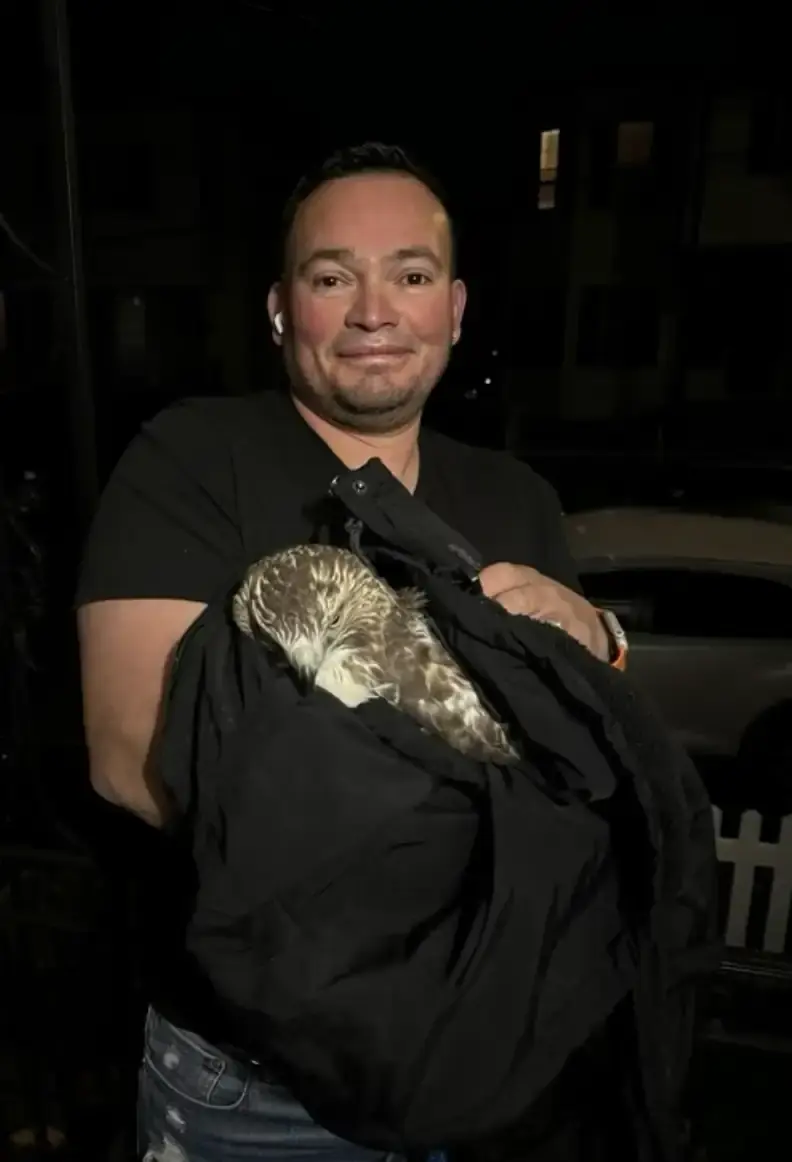
The Hawk on the Porch: A Quiet Cry for Help.

I Filed for Divorce After Catching My Husband Cheating – Our Son's Words in Court Left Everyone Speechless
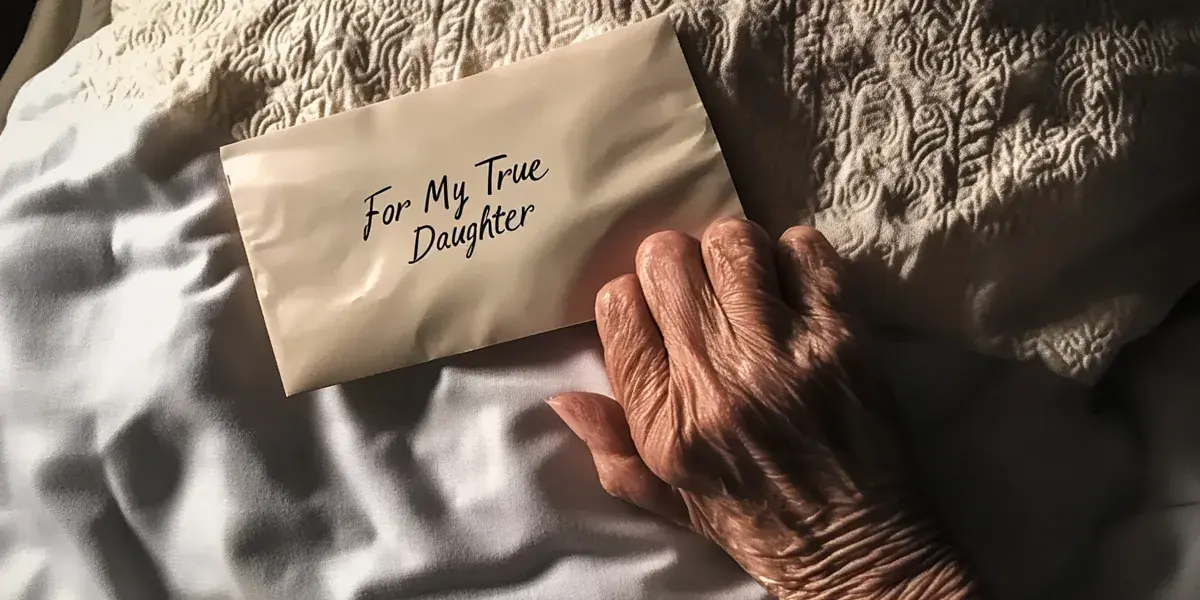
My Selfish Sister Stayed by Mom's Side When She Fell Ill, but Everything Changed after the Doctor Shared Mom's Last Words – Story of the Day

My SIL Gave Me Her Old Armoire and Made Me Pay for Moving It – Then She Came with an Outrageous Demand
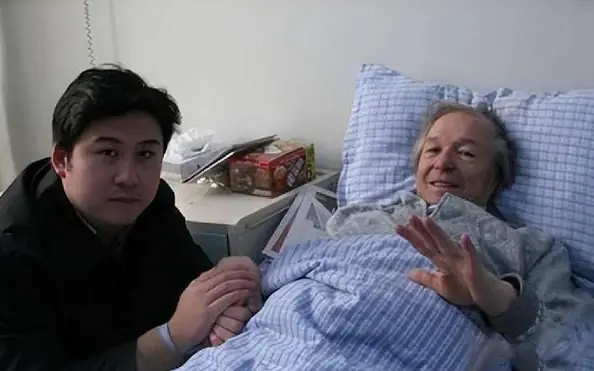
The Meteor That Changed Two Lives: A Story of Unlikely Family
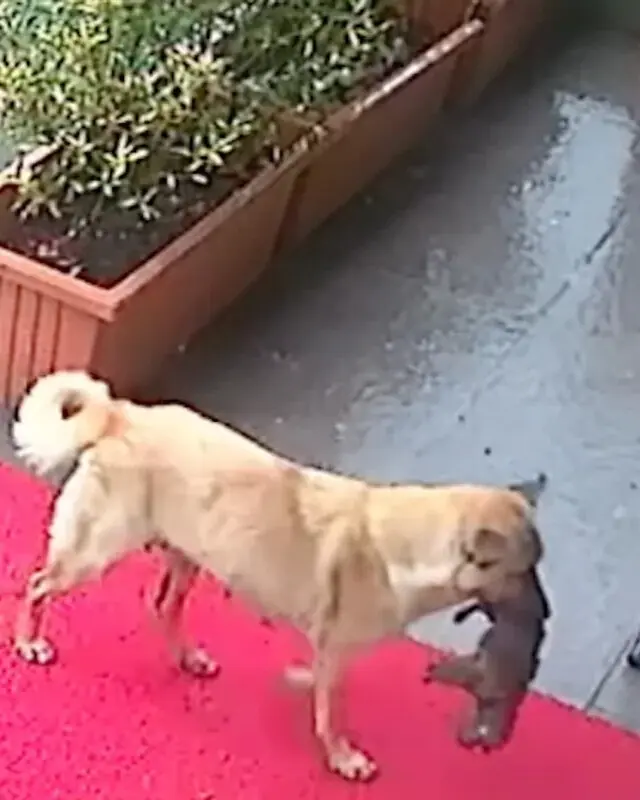
Mama Dog Walks Into Vet Clinic With a Heart-Melting Request — Over 3 Million Views.
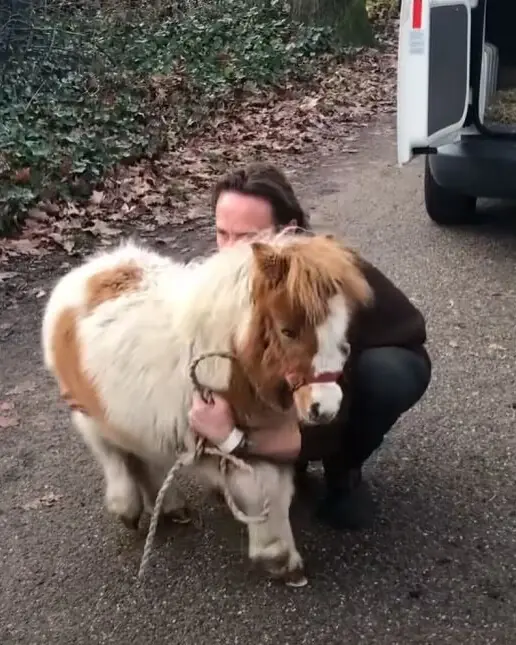
From Lonely to Loved: How a Tiny Horse Found the Friend He Needed Most.
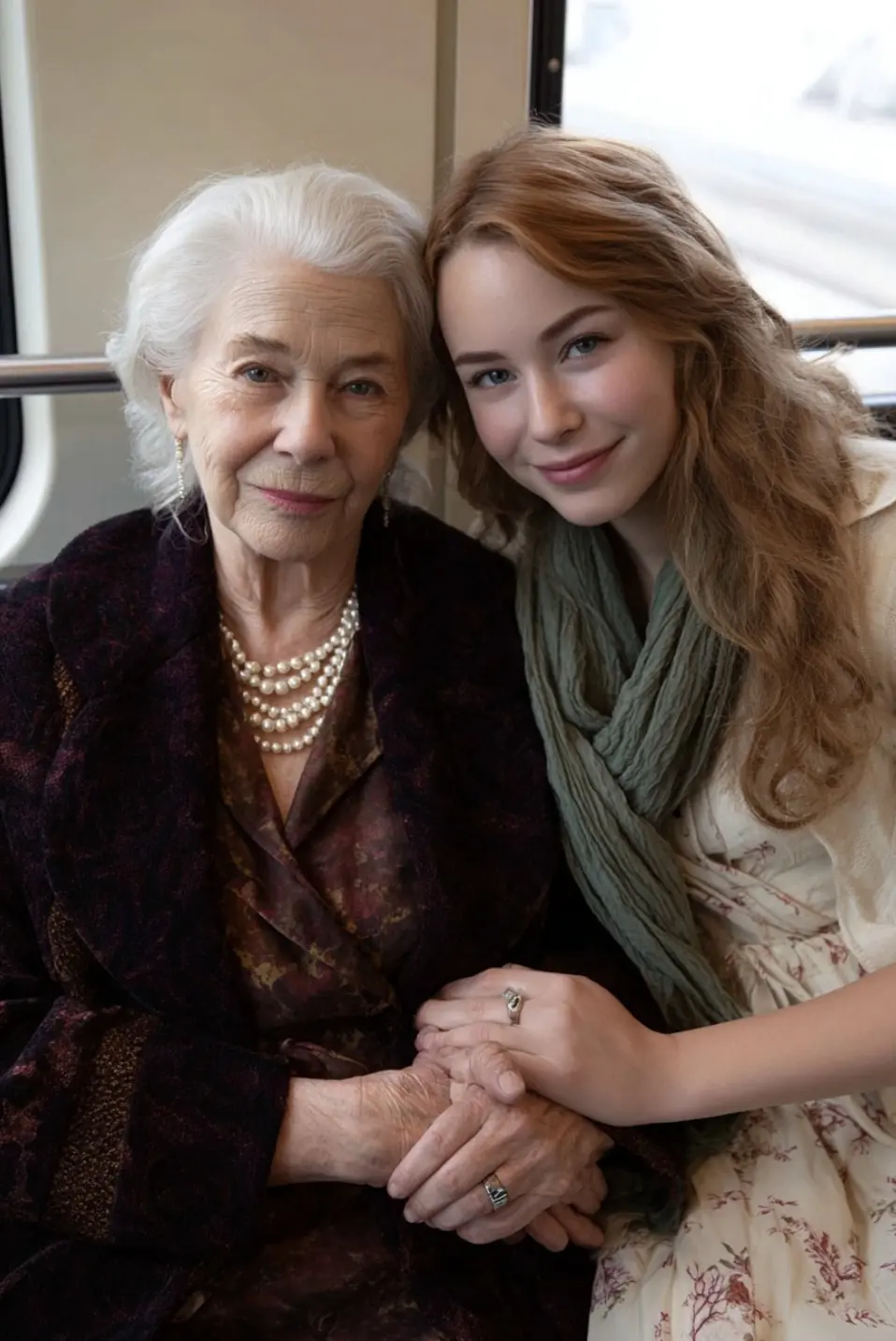
Rushing home along UDO Street, she gave up her seat on the bus to an elderly woman. But as soon as icy fingers grasped her wrist…

When a Squirrel, a Dog, and a Baby Without a Tail Became Family.

When a Trip to Dollar General Turned Into a Life-Changing Rescue.

They Gave Me a Chore List on Our Beach Vacation While They Relaxed — Even My Husband Stayed Silent. So I Walked Away
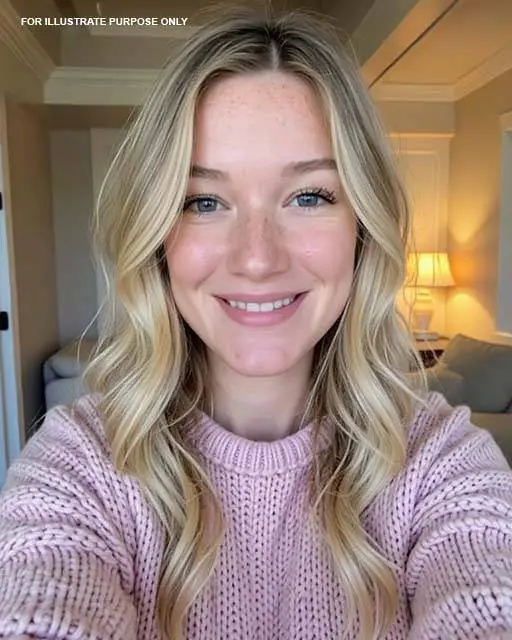
My Parents Took Back the House Down Payment They Had ‘Generously’ Gifted Me — But They Didn’t Know It Was All Part of My Plan
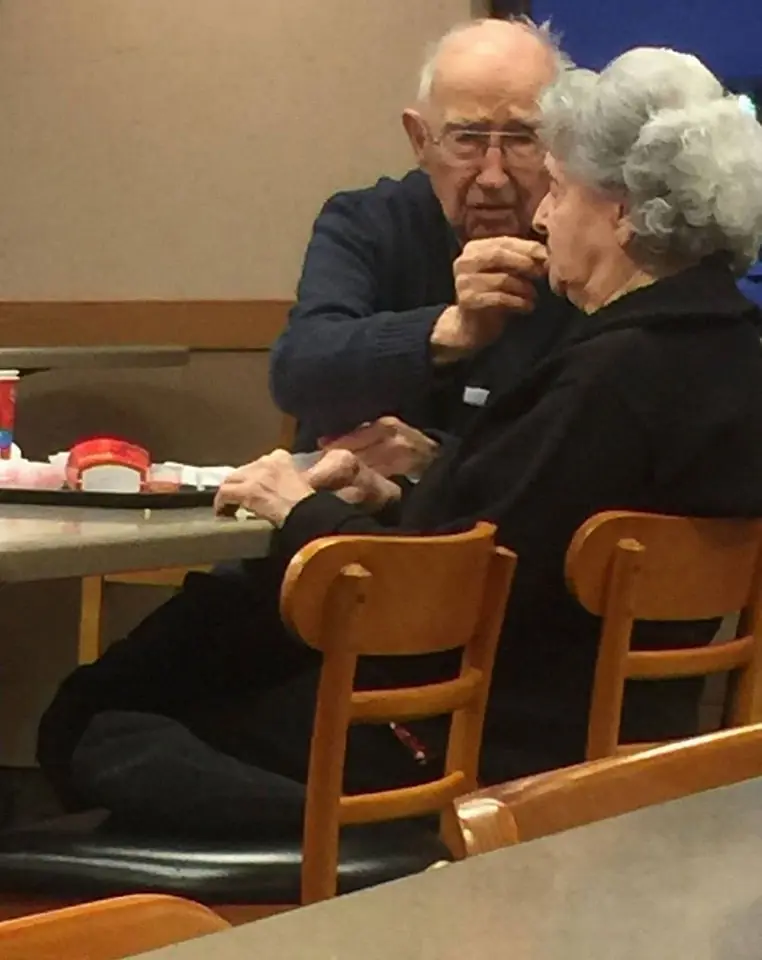
A Double Cheeseburger and 75 Years of Love.
It was just a regular evening at Wendy’s. I had stopped in for a quick bite—nothing fancy, just a double cheeseburger, fries, and a moment of peace before heading home.
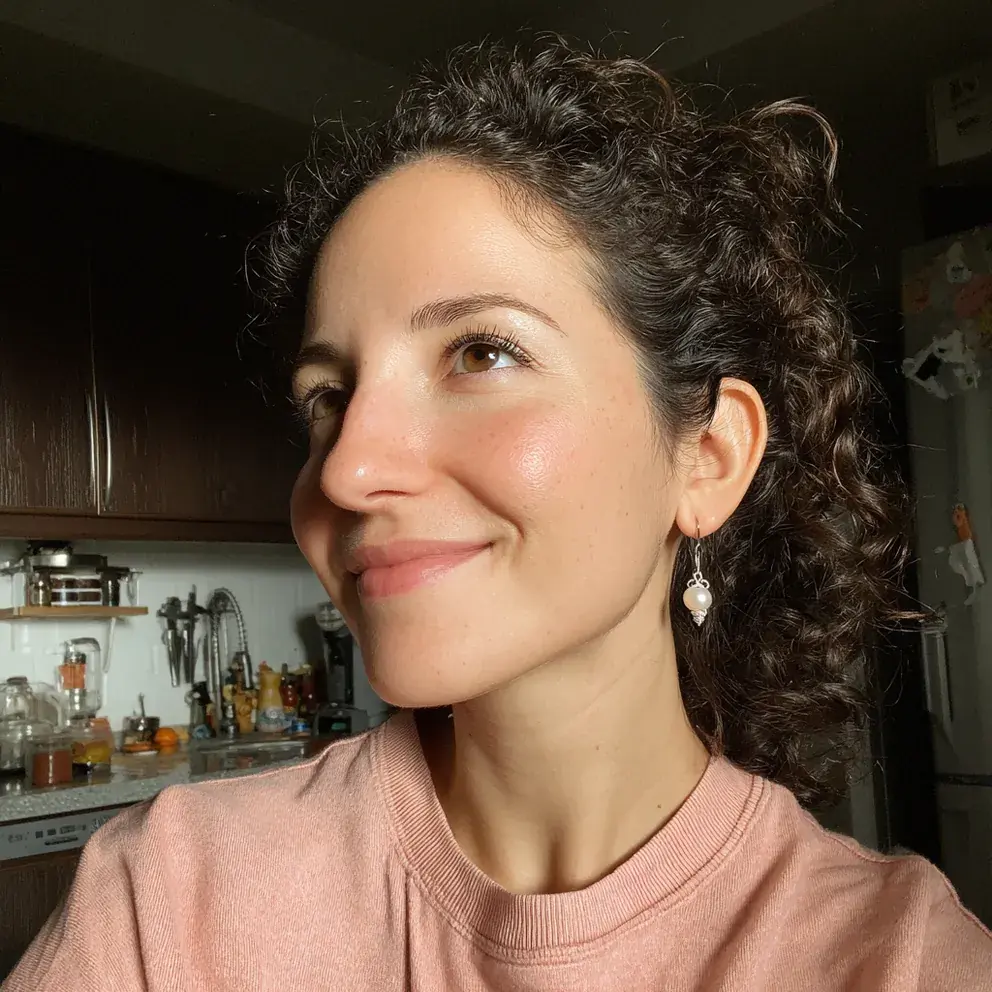
My Own Daughter Stole My Retirement Savings to Buy a House for Herself

4 Intriguing Stories Where Karma Delivered Unexpected Payback

My Stepfather Left Me His $640K Estate While My Mom and Stepsister Got $5K Each – What They Did When the Will Was Read Shocked Me
News Post
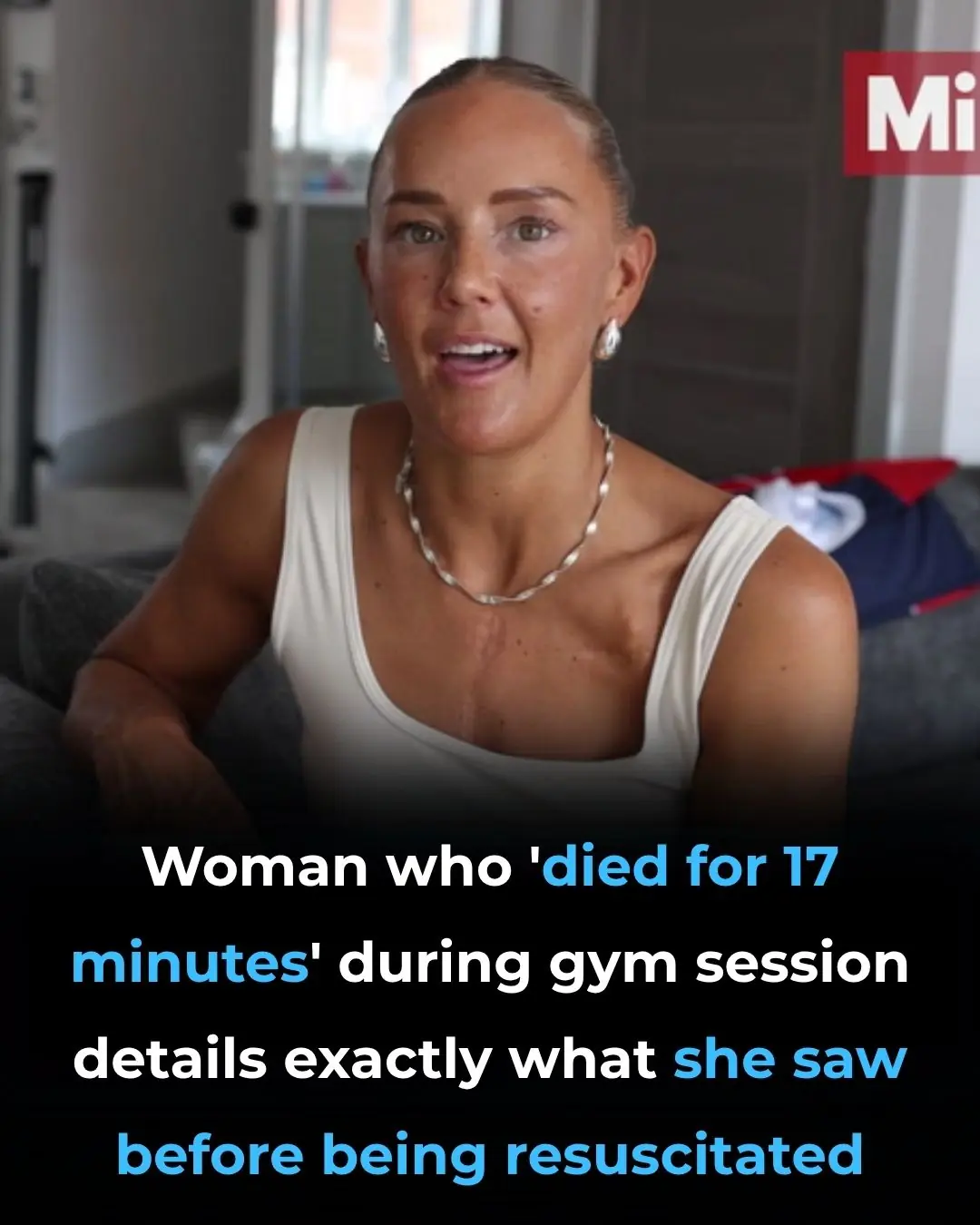
British Mom Who 'Died' For 17 Minutes After Workout Shares What She Witnessed
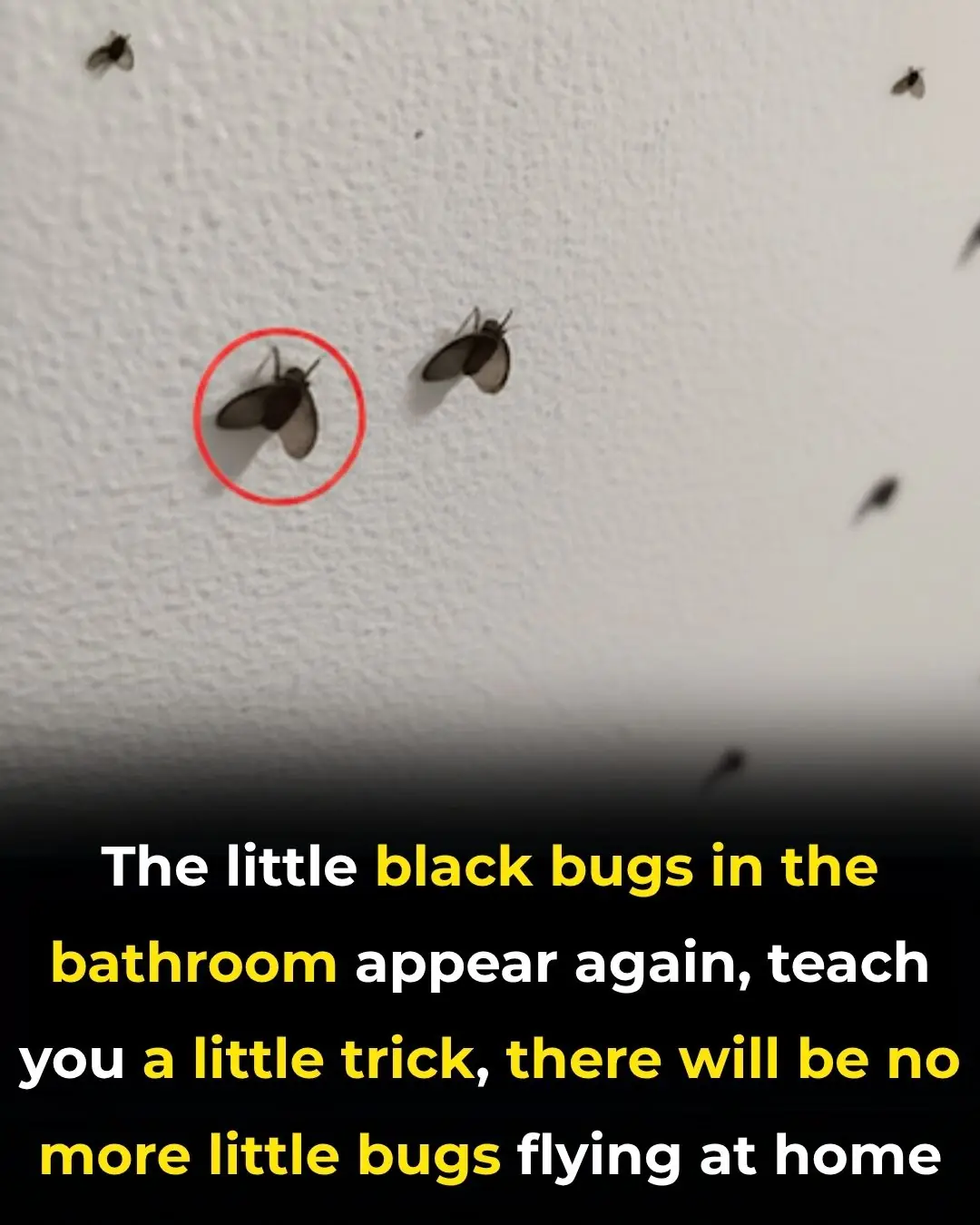
Dealing with 10 Common Bathroom Pests
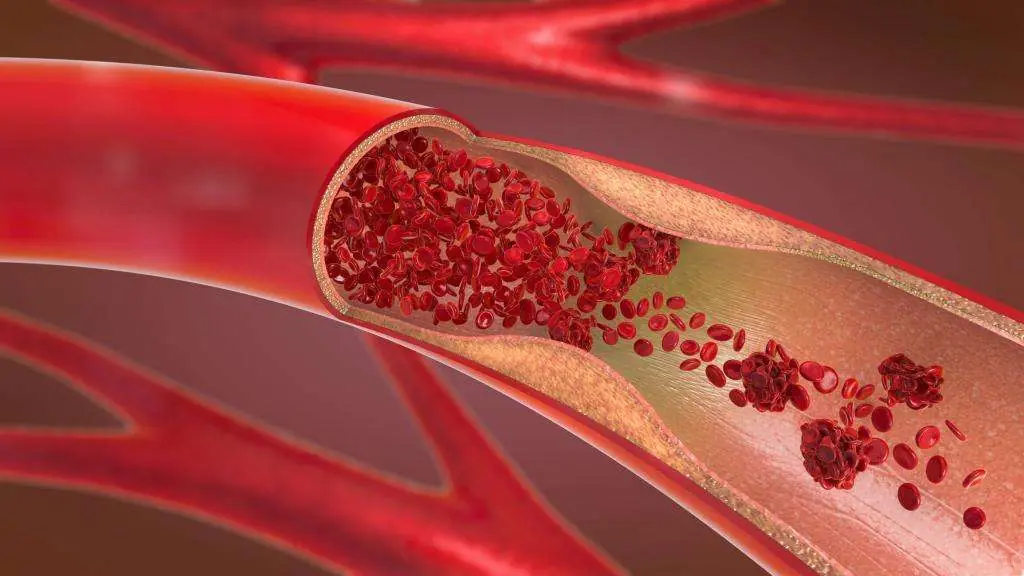
How to Improve Blood Circulation Naturally (Research Based)

5 Deficiencies Almost Everyone Has (And Doesn’t Know About)

Scientifically Proven Health Benefits of Cayenne Pepper

Free download offered to PlayStation gamers as way to 'make amends'

Chaos following discovery of radioactive wasp nest at former US nuclear weapons site

Beyond the Badge: One Officer’s Journey to Becoming More Than a Uniform.

7 Thing That Happen To Your Body When You Stop Having Intimacy Moments
Taking a break from intimacy doesn’t mean something is wrong. In fact, it can be a time for growth, healing, and self-discovery.

From Suspension to a Second Chance: How One Principal Changed a Life Forever.

The Hawk on the Porch: A Quiet Cry for Help.

I Filed for Divorce After Catching My Husband Cheating – Our Son's Words in Court Left Everyone Speechless

My Selfish Sister Stayed by Mom's Side When She Fell Ill, but Everything Changed after the Doctor Shared Mom's Last Words – Story of the Day

My SIL Gave Me Her Old Armoire and Made Me Pay for Moving It – Then She Came with an Outrageous Demand

The Meteor That Changed Two Lives: A Story of Unlikely Family

P@rasite Found In Br@in Of 10-Year-Old Girl After Eating Undercooked Meat Leaves Experts Horrified

Ancient Inscriptions Inside Great Pyramid Rewrite History Of Its Builders
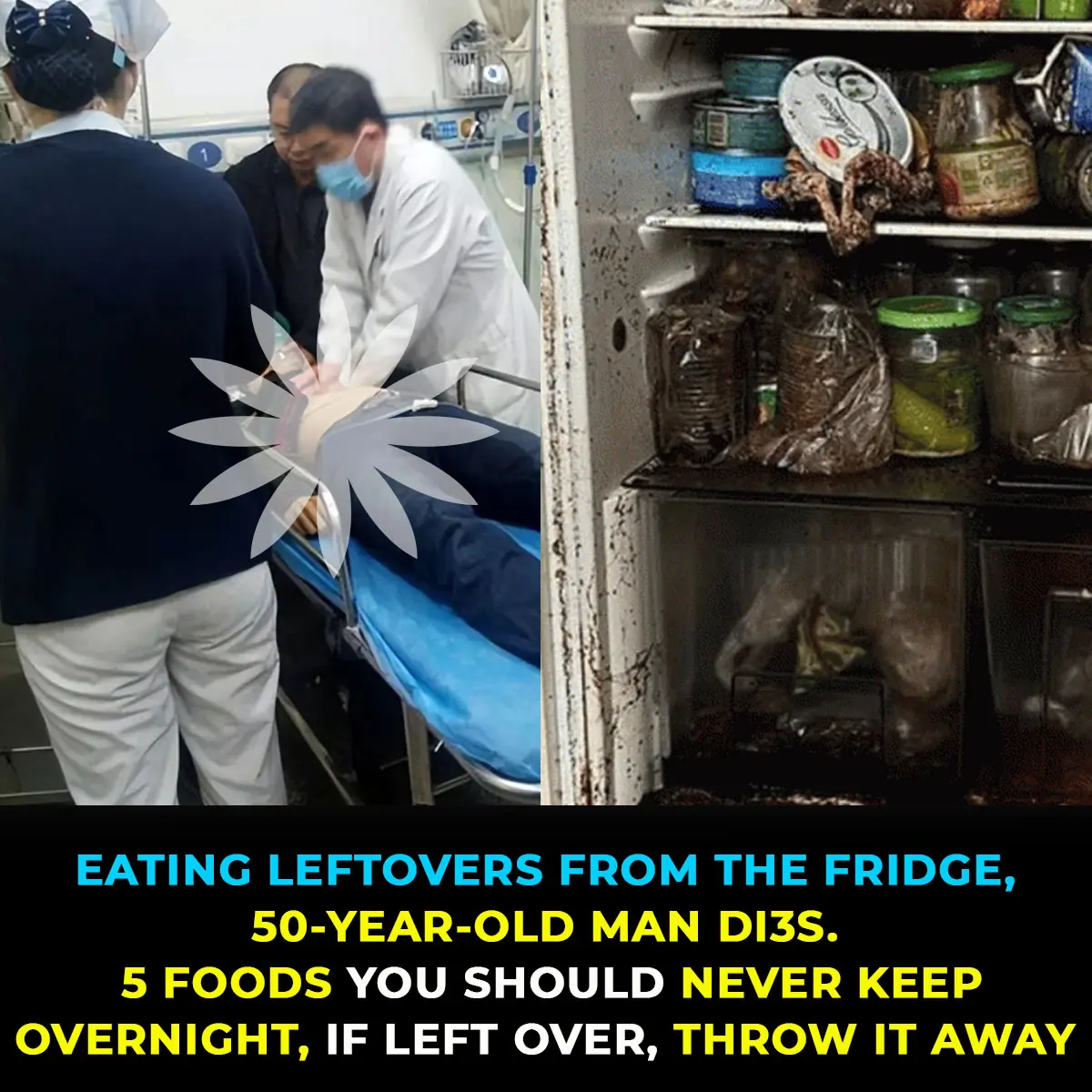
5 Common Foods That Turn Toxic If Left Overnight

Nurse at palliative care reveals the top 5 regrets of people right before they di3d
